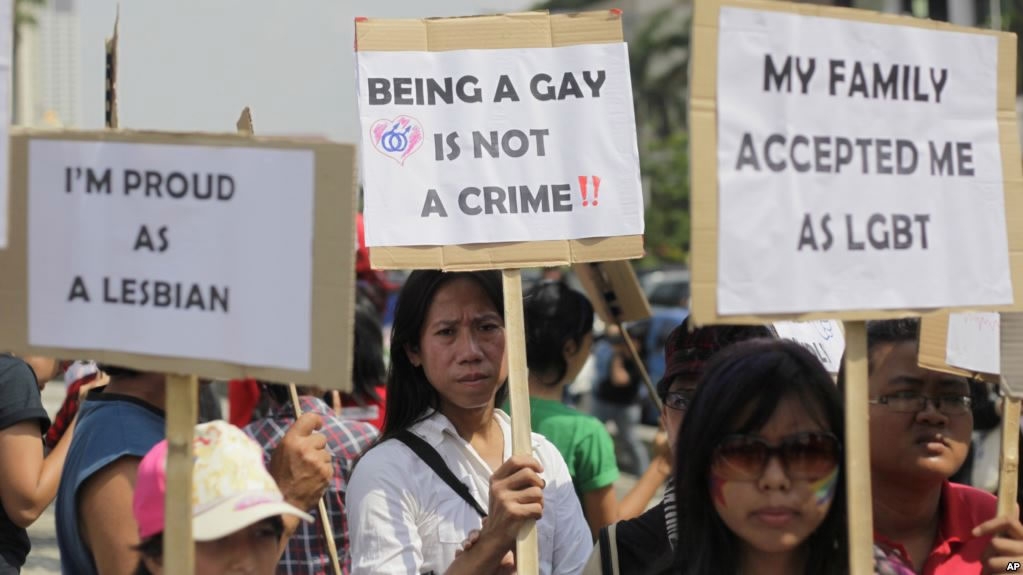
World
15:19, 15-Feb-2018
UN rights chief criticizes Indonesia's proposal to outlaw gay, extramarital sex
CGTN

On Friday, representatives of 10 Indonesian political parties met to discuss controversial proposals to criminalize gay sex and extramarital sex in the country. The proposals, which have been on the table for some time, have drawn criticism from the United Nations over their possibly damaging consequences to Indonesia's LGBT community and other minorities.
The discussions centered around revisions to a Dutch colonial-era criminal code and included proposals to outlaw sex outside marriage, same-sex relations, and co-habitation, all of which were previously unregulated by law.
The revisions have broad support from parliamentarians and are seen as appealing to their largely conservative voter base. Legislative and presidential elections are due next year.
The bill should now move to the House of Representatives and be put to vote as early as this month.
Earlier in the week, the UN High Commissioner for Human Rights, Zeid Ra‘ad Al Hussein, said on Wednesday that he had raised the issue with President Joko Widodo during a three-day visit to the world’s largest Muslim-majority country.
"Discussions of (revisions to the criminal code) betray strains of intolerance seemingly alien to Indonesian culture that have made inroads here," Zeid told a news briefing, adding that he believed the proposed rules were "discriminatory."
"The hateful rhetoric against the LGBT community that is being cultivated seemingly for cynical political purposes will only deepen their suffering and create unnecessary divisions," he said.
Many officials in President Widodo’s government have said LGBT people, like other citizens, should be free from discrimination and violence. But top officials, including the president, have said that Indonesia’s cultural and religious norms do not accept the LGBT movement.
Activists have raised concerns that, if the new rules are passed they could violate basic rights and be misused to target minorities.
Currently, Indonesian law does not regulate homosexuality, except in the ultra-conservative Islamic province of Aceh.
(With input from Reuters)
Source(s): Reuters

SITEMAP
Copyright © 2018 CGTN. Beijing ICP prepared NO.16065310-3
Copyright © 2018 CGTN. Beijing ICP prepared NO.16065310-3